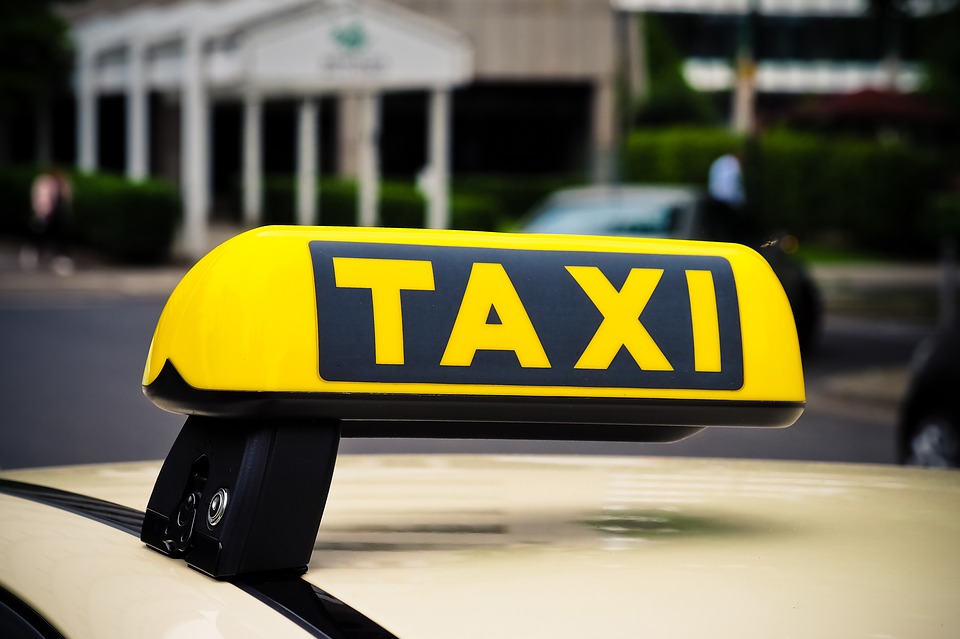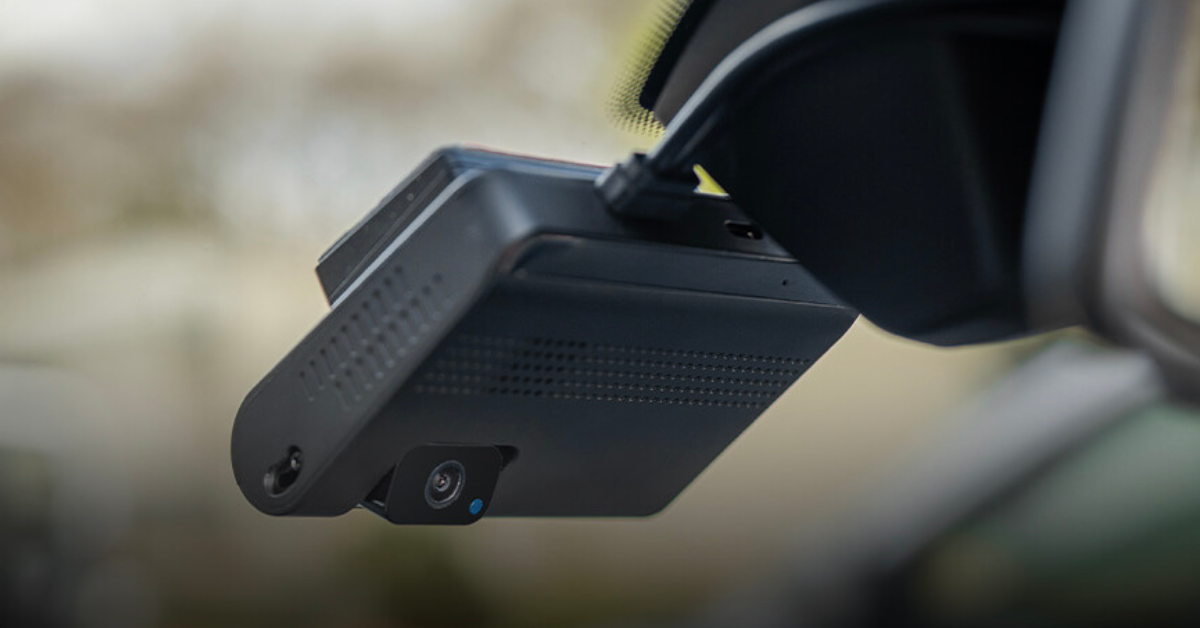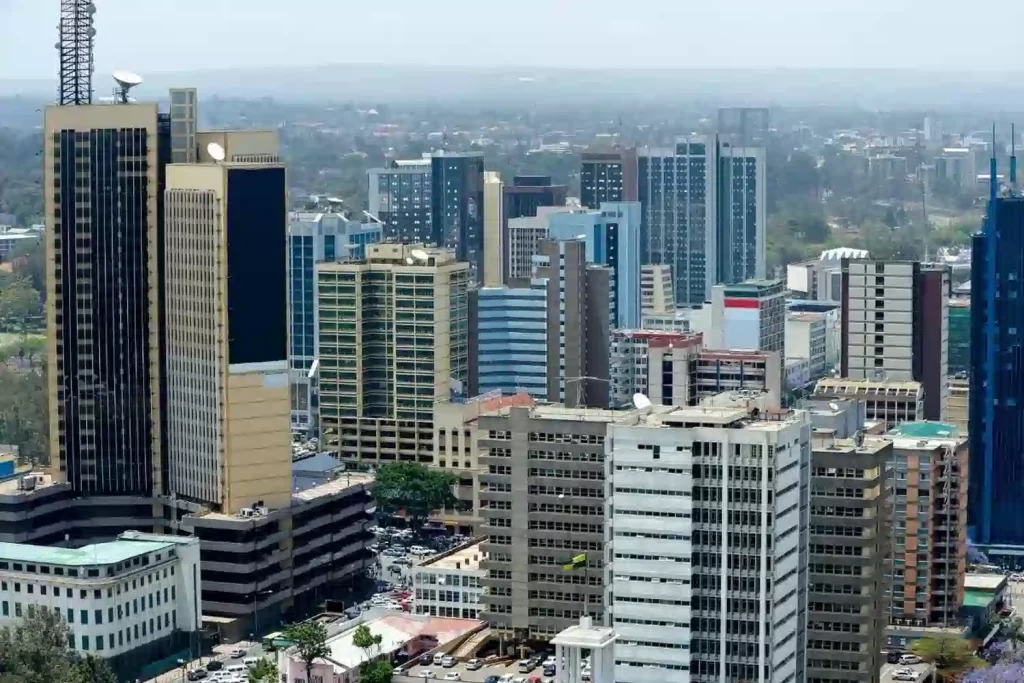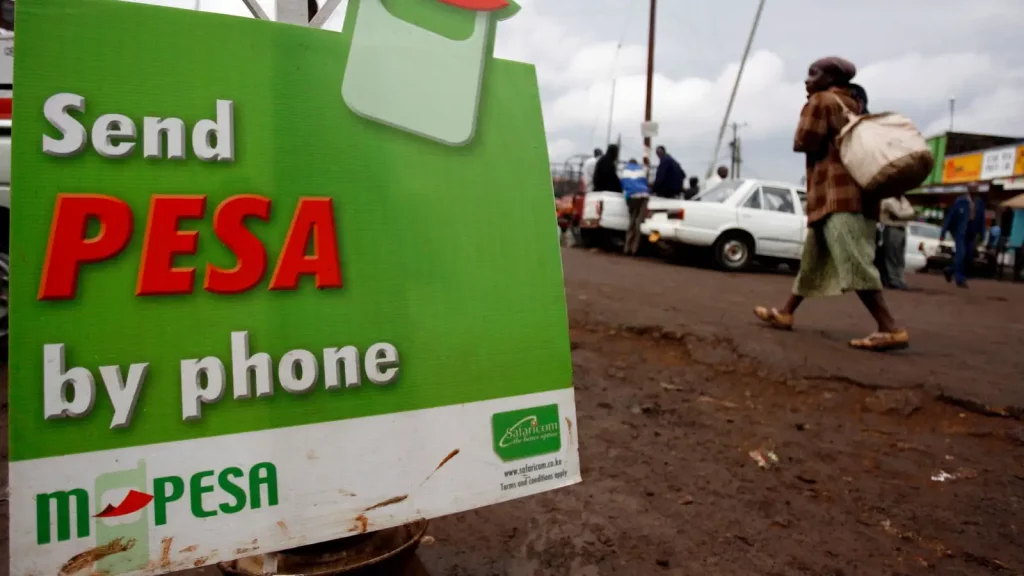“It would be good if you knew in advance what people had said about buses before you got on,” Humphrey Wrey thought to himself.
He was traveling by bus sometime in 2017 from Bangalore to Hyderabad, a nine-hour journey within India. Impressed that they had a system for customers to rate the service, he had flashes of bad experiences transiting across Africa.
By the end of that year, he founded QuickBus.
The trigger, Wrey tells me, was a nervous moment at an airport in Mozambique when his heart stopped. Quitting his job in fintech after recovery, he diverted his energy into reshaping long-distance bus travel for Africa, one country at a time.
QuickBus started onboarding drivers and companies in 2018, launching formally the year after. The platform works in a way similar to an airline-tickets online aggregation service, offering price comparisons and booking options.

Wrey sends proposals to bus companies, making the case that they will get wider customer reach beyond their countries. Companies that buy into his pitch – like Classic Coach, a Nairobi-based company – agree to a revenue-sharing model facilitated through an API.
The technology connects QuickBus’ system to the bus company “in the same way a waiter speaks to a customer on behalf of a chef,” Wrey tells me.
He explains QuickBus as Skyscanner or Kayak for bus travel in Africa. The aim is to formalize the market, providing for seat reservation and ratings. Cultural and security sensitivities are factored in, so women could choose to sit next to only women on night buses.
Between March and December 2019, QuickBus committed to partnerships with about 40 bus companies across Africa. In South Africa where they plan to launch in the second quarter of 2020, they have partnerships with three of the country’s bus companies, according to Wrey, declining to name them.
A team of 18 people in Nairobi, Kampala and Luanda help the lone-founder run QuickBus in the three countries – Kenya, Uganda and Angola – where they currently operate. The technology team works remotely out of the UK, Romania and India.
“We are interested in Nigeria but our primary focus is in East and Southern Africa,” Wrey says. He is familiar with East and Southern Africa because he has lived and worked there. Nigeria is in his plans, but after he gains a foothold from his current base of operations in Nairobi.
That has not stopped him from beginning partnership conversations in what should be a big market. He is looking for a Nigerian or Kenyan operational co-founder, “someone who understands the market and will join for the right reasons and with the right skill set.”
There is a good reason for his need for a partner with street know-how. Born in England, Wrey has lived and worked in Africa for four years, traversing Angola and South Sudan among others.
At 20, he bought a motorbike out of proceeds from a Christmas tree delivery business to travel 10,000 miles from Egypt to South Africa. It was the beginning of his thirst for the travel business. He owes his African ancestry to his South African paternal grand-mother.
However, doing business in Africa requires founders to efficiently navigate local politics. In Nigeria where a state government has unilaterally proscribed much of bike-hailing, there is an underbelly of resentment amongst regulators due to the foreign ownership of the operator companies.
Wrey’s Nigerian or Kenyan future co-founder will have to bring expertise to help launch and scale QuickBus across West Africa. In nine months since its launch, the startup has a transaction rate of 4,500 bookings per month worth $130,000. It’s a drop in Africa’s long-distance bus market worth nearly $30 billion.
It’s an optimistic estimate even if Wrey does not expect any company in the sector to gain more than 15% of that goldfish. “Not everyone will change their habits,” admitting that consumers will take time to adjust to online bus booking in Africa.
Yet, he has managed to get investors aboard his ambition. He began QuickBus with $13,000 saved up over years in fintech. Two angel investments totalling $25,000 boosted his morale by the end of 2017.
A $500,000 seed round in 2018 followed, in which Two Culture Capital participated. A venture capital fund affiliated to Graham Weston, former CEO of Rackspace, an American cloud computing company also invested in QuickBus at the same time.
Wrey declines to disclose the amount of their latest round led by Shorooq Partners but says it was more than $500,000. Ghana, Nigeria and Mozambique are on QuickBus’ radar for expansion.
At twenty-eight, Wrey is one of African tech’s younger founders. Running QuickBus alone so far, landing a coveted Mercedes-Benz fellowship along the way, makes him an interesting prospect. The journey towards modernising African travel will not be quick, neither will it ride through an easy road. But investors are backing Wrey to try.




















